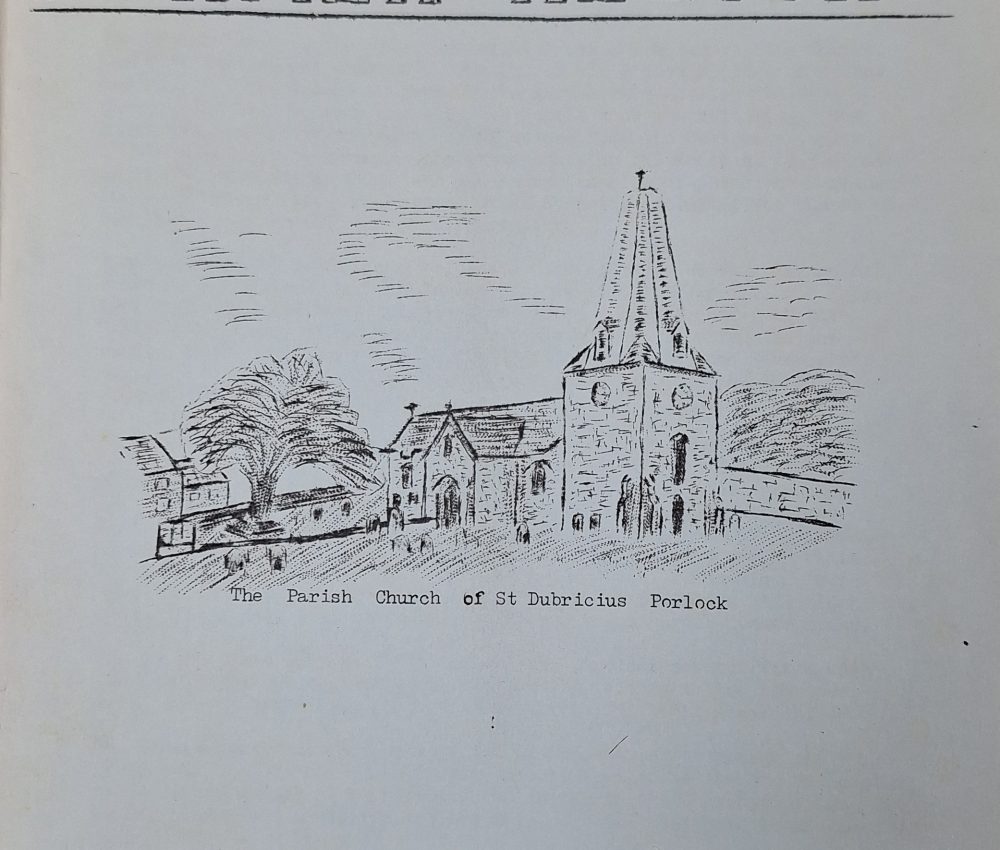Over the past few months we have been working with vet Ueli Zellweger to raise awareness of the devastating impact of pet flea treatments on UK water quality. However, a new study by the University of York and The Rivers Trust has shown that this problem extends to human pharmaceuticals, with ‘alarming’ levels contaminating UK rivers. Antidepressants, anticonvulsants, antimicrobials, anti-inflammatory substances, lipid regulators and diabetes treatments have been detected in all 10 of our UK National Parks.
Professor Alistair Boxall, from the University of York, who was behind the study said “given the unique ecological value of these protected areas, our research highlights that the presence of these pharmaceuticals is concerning. Our National Parks are true hotspots for biodiversity and essential for our physical health and mental well-being – so we need to act swiftly to protect these irreplaceable environments and ensure the health of wildlife and visitors alike.”
Concerningly the study found drug levels in Exmoor so high that they were deemed harmful to fish and invertebrates, with some areas showing concentrations higher than seen in major cities such as London.
However, there are ways we can help reduce and ultimately end this pollution of our rivers. Dr Rob Collins, Director of Policy and Science at the Rivers Trust, highlights “simple actions such as using medicine take back schemes whereby any unopened, unused and out-of-date medicines, can be taken to the local pharmacy, rather than flushed down the toilet and into the sewer system.”
Scientists behind the study have joined with Campaign for National Parks to highlight the need for tighter regulation and greater monitoring of National Park waterways. We can all get behind this campaign to help end water pollution and protect rivers in our National Parks. To read the full article and join the movement above, visit the Campaign for National Parks website here.
Image: Stewart Lane




